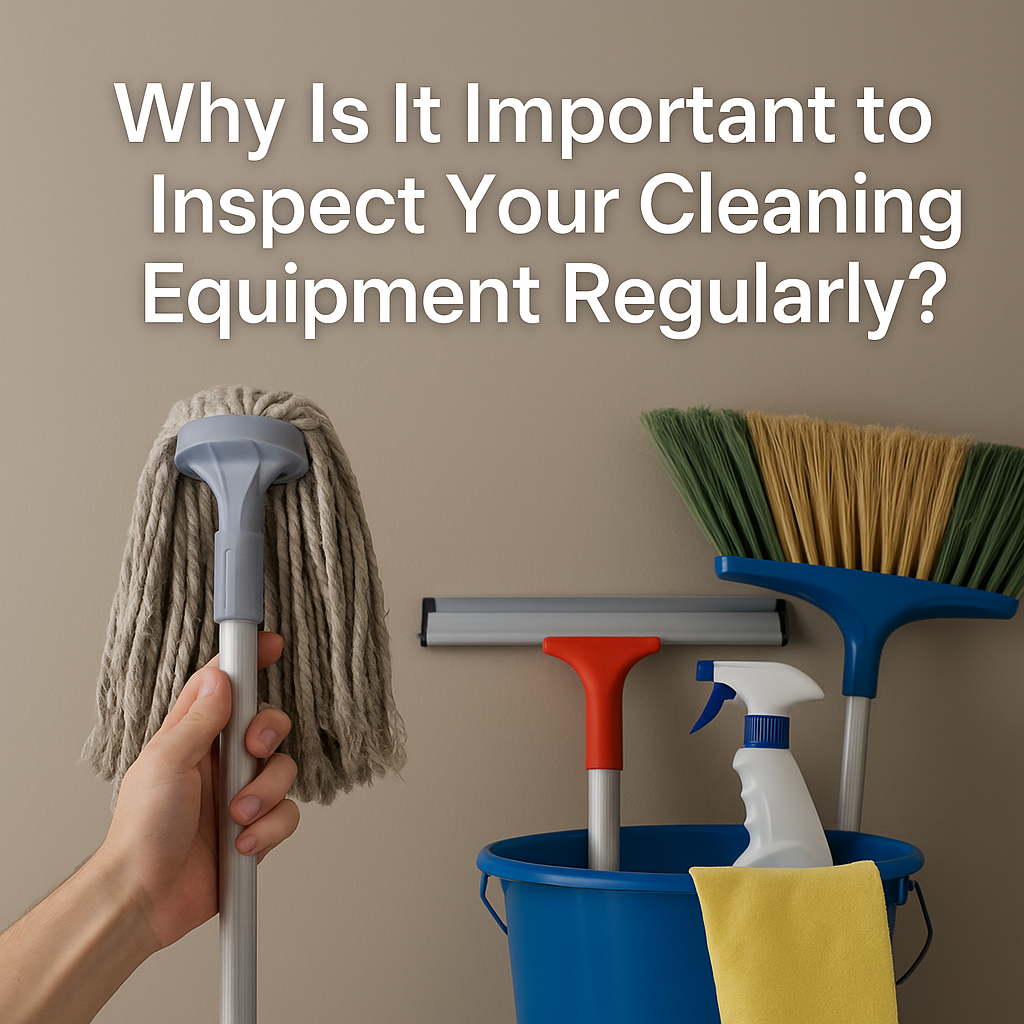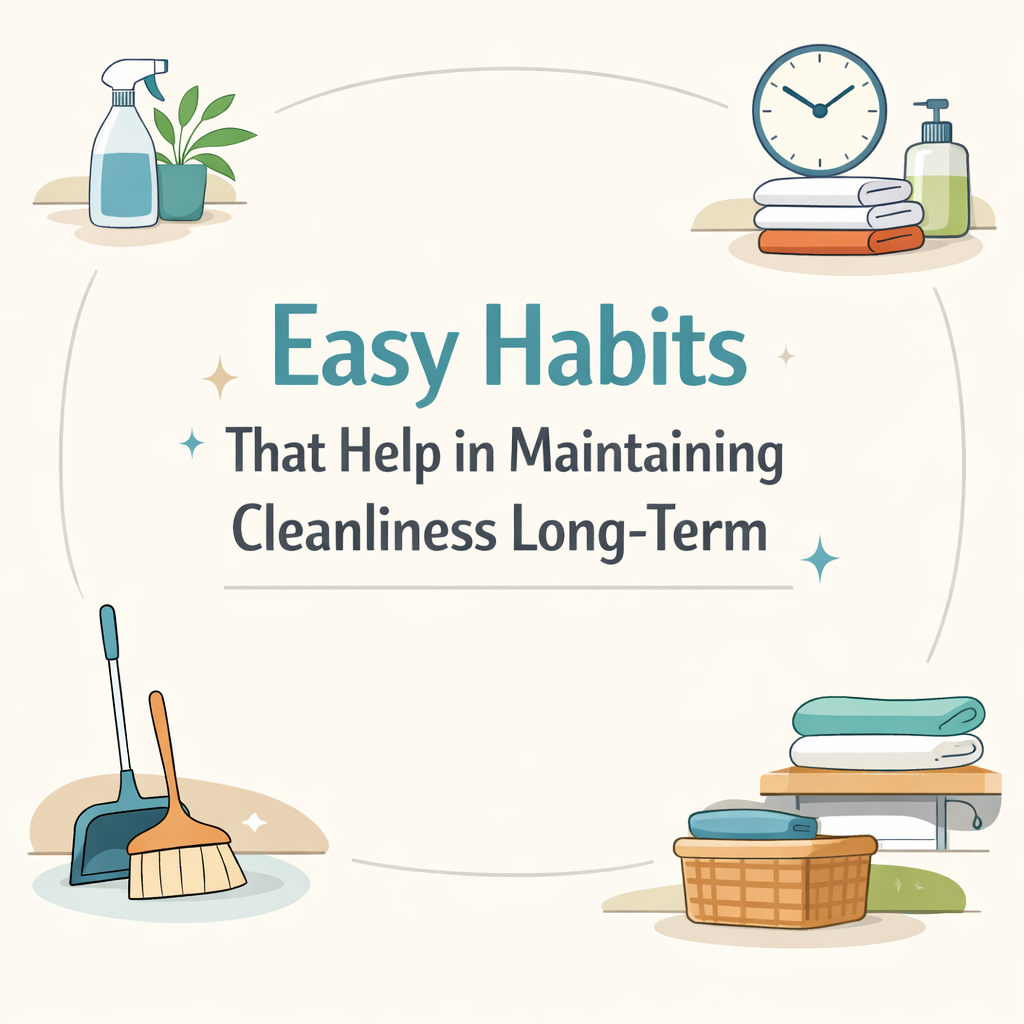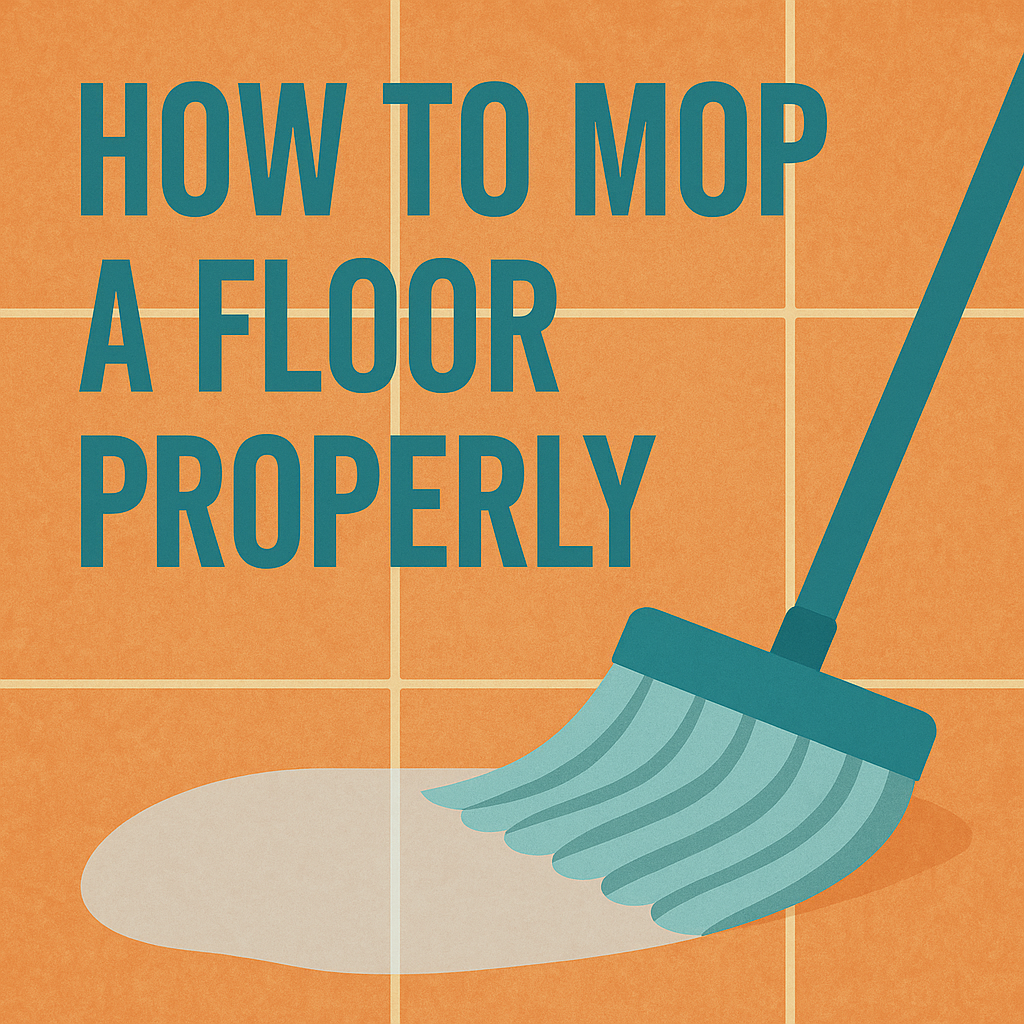Cleaning tools are a big part of everyday life. Whether you're cleaning your home, an office, or even a small shop, chances are you're using brooms, mops, buckets, or brushes to keep your space tidy. But here’s something that’s often ignored: Are you checking if your cleaning equipment is actually in good shape? Because using worn-out or broken tools doesn’t just make cleaning harder—it can also affect your health, your time, and your wallet.
Most of us just pick up the same broom or mop every day and get to work without giving it a second thought. But if your tool isn’t working the way it should—like a broom with bent bristles or a mop head that smells weird—it’s probably doing more harm than good. That’s why regular inspection of your cleaning equipment matters more than you might think.
Let’s break it down.
It Affects How Well You Actually Clean
If your cleaning tool is damaged, dirty, or worn out, it won’t clean properly. You might be scrubbing the floor with full force, but if your mop head is frayed or the material has lost its absorbency, you’re mostly just pushing dirt around instead of picking it up. Same goes for brooms with bent bristles—they skip over fine dust and leave behind more than they collect.
By inspecting your tools every few days or at least once a week, you can spot these signs early. Is your mop head starting to feel rough or smell funky? Are the broom bristles bent in one direction? Is your squeegee leaving streaks instead of wiping clean? These are all red flags that your tool isn’t doing its job anymore.
Dirty Tools Spread More Dirt
This one’s easy to overlook. A lot of cleaning tools look clean on the outside, but they actually carry a ton of hidden dirt, bacteria, and germs inside. For example, a sponge or mop head that hasn’t been cleaned properly can actually become a breeding ground for bacteria. So instead of making your floors cleaner, it’s just spreading germs around the house.
Regular inspection gives you a chance to catch these issues early. If a tool smells bad, feels sticky, or is visibly stained—even after rinsing—that’s a sign it needs to be replaced or deep-cleaned. Keeping your tools clean means you're not just moving the dirt from one place to another.
Small Problems Get Worse Over Time
You might think, “It’s just a loose handle. I’ll fix it later.” But later usually never comes. That small crack in your mop handle can turn into a complete snap when you're mid-clean. A tiny gap in your dustpan edge means dirt keeps slipping under instead of getting collected. A screw missing from your brush handle might make it wobble until it eventually breaks.
These small issues slow you down, make cleaning harder, and eventually cost you more when the tool becomes unusable. A quick check like tightening a screw, replacing a head, cleaning a cloth can save you a bigger problem later.
Saves You Money
You already know the deal: low-quality tools wear out fast. But even good-quality tools can become useless if you don’t take care of them. That’s why checking them regularly matters. If you catch wear-and-tear early, you can clean, repair, or replace just the part that’s damaged—without throwing the whole thing away.
For example, microfiber mop heads can last for months—but only if you rinse them after use, let them dry properly, and replace them when the fibers start to flatten. Ignoring them means they lose their cleaning power faster, and you end up buying new ones sooner than needed.
It’s just like changing the oil in your car. A little upkeep goes a long way in keeping things running smoothly and saving you money in the long run.
Keeps Things Hygienic and Safe
Let’s talk about hygiene. If you're using the same dirty mop for weeks without checking it, chances are you're spreading bacteria, not removing it. In kitchens, bathrooms, or homes with pets and kids, this becomes a serious health concern. The same applies to brushes used in dusty corners or outdoor areas. Those fibers can trap allergens, bacteria, and mold.
By regularly checking your cleaning tools, you make sure they're safe and sanitary. Replace mop heads before they get too grimy. Wash microfiber cloths after each use. Rinse and dry buckets properly. It's a simple routine, but it keeps your home healthier.
Improves Cleaning Efficiency
Imagine cleaning your entire floor only to realize that your broom left dust streaks, or that your mop didn’t absorb anything. You now have to do the whole thing again. That’s time and energy wasted.
When you check your tools regularly, you catch performance issues early and avoid repeat work. That means you clean faster, with less effort and the results are actually satisfying. Your tools work with you, not against you.
It’s a Part of Responsible Cleaning
We talk a lot about sustainable cleaning these days. Regular inspection of your tools is part of that. When you maintain what you already have, you reduce waste. You don’t keep throwing out tools that could have lasted longer with just a bit of care.
Also, many cleaning tools especially cheap plastic ones aren’t biodegradable. If you’re replacing them every few weeks, you’re unknowingly contributing to environmental waste. By taking care of your tools, you're doing your part to reduce that cycle.
Final Thoughts
Cleaning takes time and energy, so why waste either with tools that don’t work the way they should? Regularly inspecting your cleaning equipment helps you spot issues early, clean more effectively, and make your tools last longer. It’s a small habit that leads to better hygiene, less frustration, and real cost savings.
At Zidello, we design cleaning tools that are built to last but they still need your care. Just like any daily-use product, checking them often keeps them working at their best. So the next time you reach for your mop, broom, or brush, take a moment to inspect it. That few seconds of checking could save you time, money, and a whole lot of extra effort later.
Ready to Clean Smarter?
Explore our range of thoughtfully designed, high-quality cleaning tools at Zidello.pk. Built for real-life use and long-term value, because better tools mean better cleaning, every single day.








